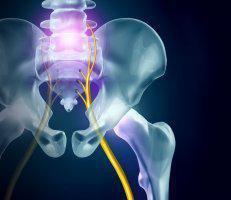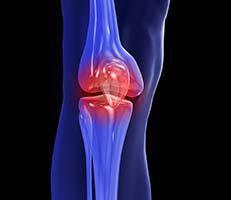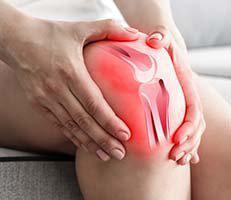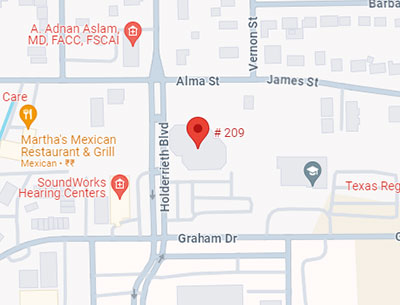Chronic Pain is a long-term condition. It may be the result of trauma, genetics, psychological factors, environment, lifestyle, diet, or other factors. Unlike acute pain from trauma or disease, chronic pain persists for a much longer period of time. Acute pain generally stems from tissue damage. However, most muscles, bones, ligaments, and discs will heal by 3 to 6 months.
Persistent pain is generally less about physical stress to the body. In fact, it’s usually more about the sensitivity of the nervous system.
WHAT IS CHRONIC PAIN?
Chronic pain is persistent pain that never seems to go away. It is defined as pain that has not gone away or recurs often over a six-month period. While the pain may not be constant, it is the dominant fact of life for many chronic pain sufferers.
According to the American Medical Association, one in five Americans suffer from persistent pain. Additionally, more than 75 million people are at least partially disabled by pain. And 45% of all Americans seek care for persistent pain at some point in their lives. Chronic pain is the number one reason people seek medical care. Today, the annual cost of chronic pain in the United States is staggering. Healthcare expenses, lost income and lost productivity, is estimated to be $100 billion.
CHRONIC PAIN CAN STEM FROM (BUT IS NOT LIMITED TO)
Chronic pain can often lead to depression, isolation, broken marriages, and destroyed friendships. Traditional treatment with pain medication can also lead to drug addiction. This occurs as a result of the medication not offering the relief that patients need. Persistent pain can interfere with every aspect of a person’s life. It often affects from work relationships to self-esteem and emotional well-being.
Chronic pain can develop from varying causes, such as aging, which can affect bones and joints. Other common causes are nerve damage, and injuries that fail to heal properly. However, often the source of persistent pain can be complex, which can lead to difficulty with diagnosis.
- Chronic fatigue syndrome
- Endometriosis
- Fibromyalgia
- Inflammatory bowel disease
- interstitial cystitis
- temporo-mandibular joint
- dysfunction
- vulvodynia
CHRONIC PAIN TREATMENT PLAN
Options such as over-the-counter medications and physical therapy are available but may not always work. With help from your pain specialist, you can find relief from your chronic pain.
Dr. Gohel will make a diagnosis and treatment recommendation based on your specific condition. Contact our office today to speak to a specialist and schedule your consultation.
Persistent pain may be difficult to manage as treatments vary by case. Our experienced staff will follow a treatment plan that begins with less invasive options. You may progress to stronger therapies depending on the type and severity of your pain.
Your chronic pain treatment plan will also depend on how your body responds to various treatment options. Because we take this structured approach to pain management, it is less likely that we will miss or overlook any possibilities.









